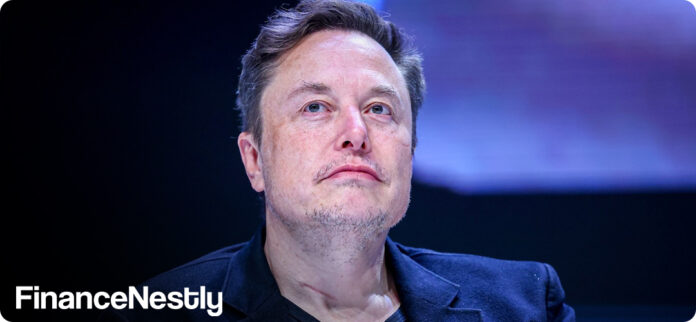The Delaware Court of Chancery’s decision to invalidate Elon Musk’s $56 billion pay package has ignited widespread discussion about corporate governance, shareholder rights, and the legal scrutiny applied to influential leaders like Musk. The ruling, handed down by Chancellor Kathaleen McCormick, represents a significant challenge for Tesla as it navigates legal complexities and the implications for its shareholders.
Judges and Lawyers vs. Shareholders: Who Controls Tesla?
Tesla’s response to the ruling underscores the high stakes of the case. The company argued on X (formerly Twitter) that the decision, if not overturned, essentially hands control of the company to judges and lawyers rather than its rightful shareholders. This concern reflects a deeper tension between legal oversight and shareholder democracy, as Tesla maintains that its stockholders have already approved the compensation package—twice.
Corporate law experts see the case as a reminder of the strict requirements under Delaware law, which governs most U.S. corporations. According to Anat Alon-Beck, a corporate law professor at Case Western Reserve University, the ruling highlights how even high-profile leaders like Musk, despite their undeniable contributions, must adhere to procedural rigor in Delaware.

The Controversy Surrounding Musk’s Influence at Tesla
At the heart of the case is McCormick’s assertion that Musk wields significant influence over Tesla, effectively making him a “de facto controller” of the company. This classification subjects him to a higher level of legal scrutiny. The Chancellor also criticized Tesla for creating evidence after the trial to justify the pay package and pointed out deficiencies in the process of its approval.
This aspect of the ruling ties into broader concerns about corporate governance. Dorothy Lund, a Columbia University Law School professor, noted that the case might have been avoided if Tesla had left the original compensation offer to an independent special committee. Instead, the second approval was handled by a single independent director, raising questions about whether Tesla met Delaware’s stringent standards for conflict-of-interest transactions.
Tesla’s Next Steps: Legal Battles and Financial Stakes
Tesla and Musk are unlikely to back down without a fight. Wedbush analyst Dan Ives described the ruling as a “Twilight Zone legal move” that contradicts the will of most Tesla shareholders. He expects the company to pursue the matter all the way to the Delaware Supreme Court and possibly even the federal courts.
One major obstacle is the potential financial impact of creating a new pay package. Tesla initially recorded a $2.3 billion accounting charge for the 2018 package. Revising it could cost the company more than $25 billion, according to court filings. These staggering figures add urgency to Tesla’s appeal, as the financial ramifications could significantly impact the company’s balance sheet.
Broader Implications for Corporate Governance
The decision also has implications beyond Tesla. A recent Delaware Supreme Court ruling in an unrelated case involving Match Group suggests that transactions involving conflicted and controlling shareholders can meet legal standards if they receive approval from disinterested stockholders and a well-functioning special committee. However, Tesla’s case highlights how difficult it can be to meet these requirements in practice, especially for companies led by iconic figures like Musk.
Ultimately, Tesla faces a tough road ahead. If the appeal fails, the company must decide whether to propose a new package that adheres to Delaware’s exacting standards—a daunting task given the size and complexity of Musk’s compensation. For now, the appeals process remains the focal point, as the outcome will shape Tesla’s future governance and financial planning.

